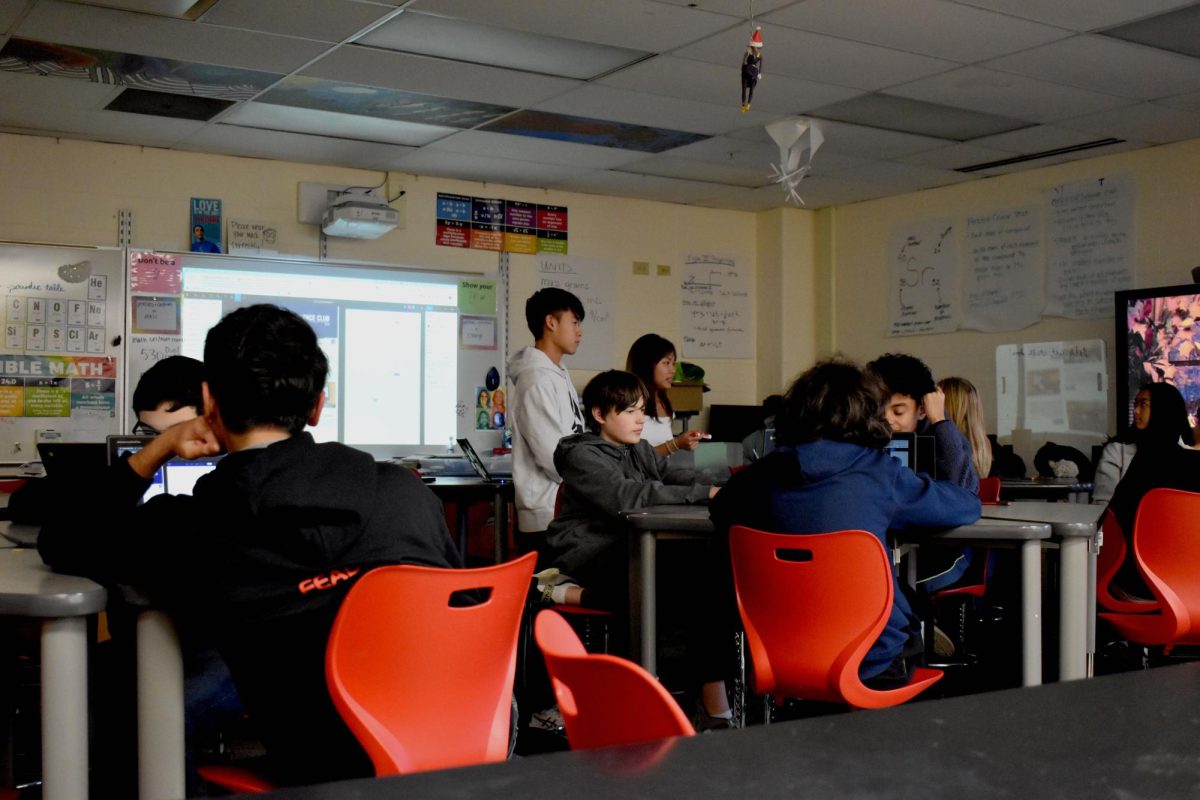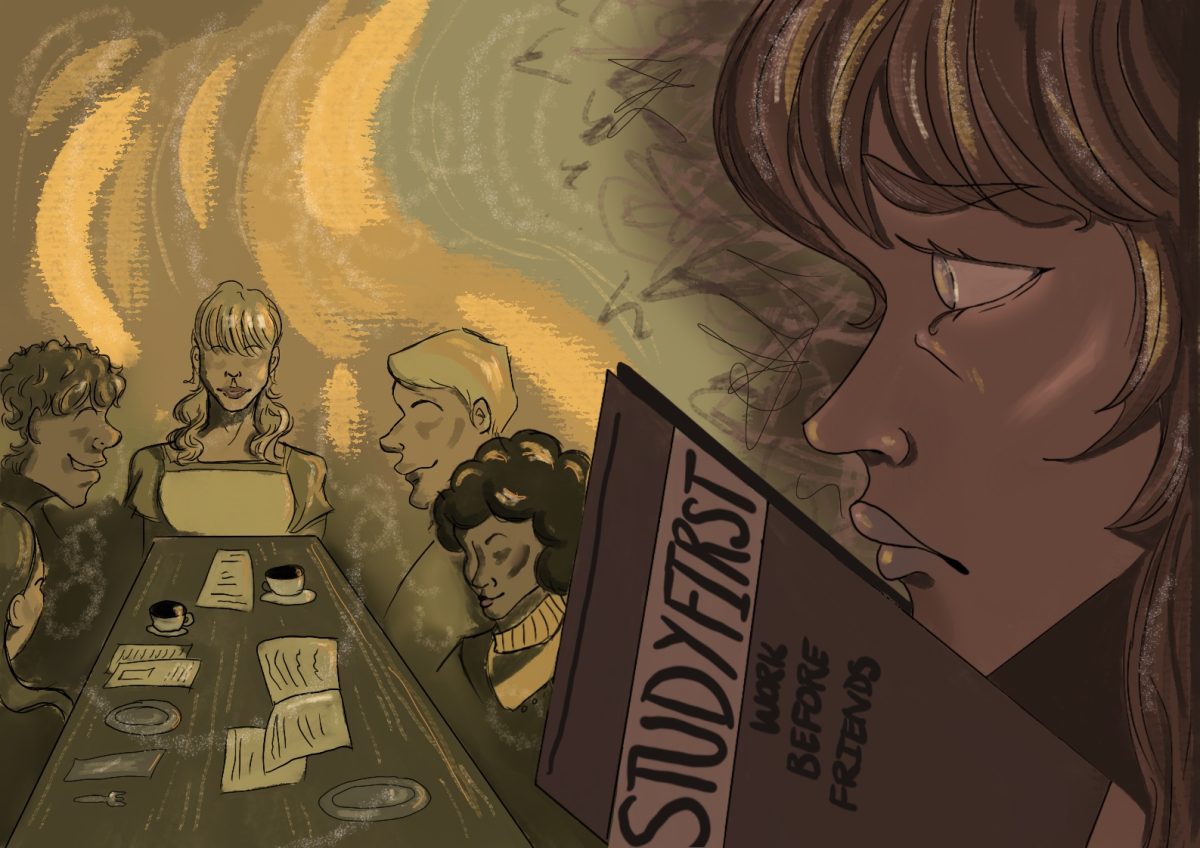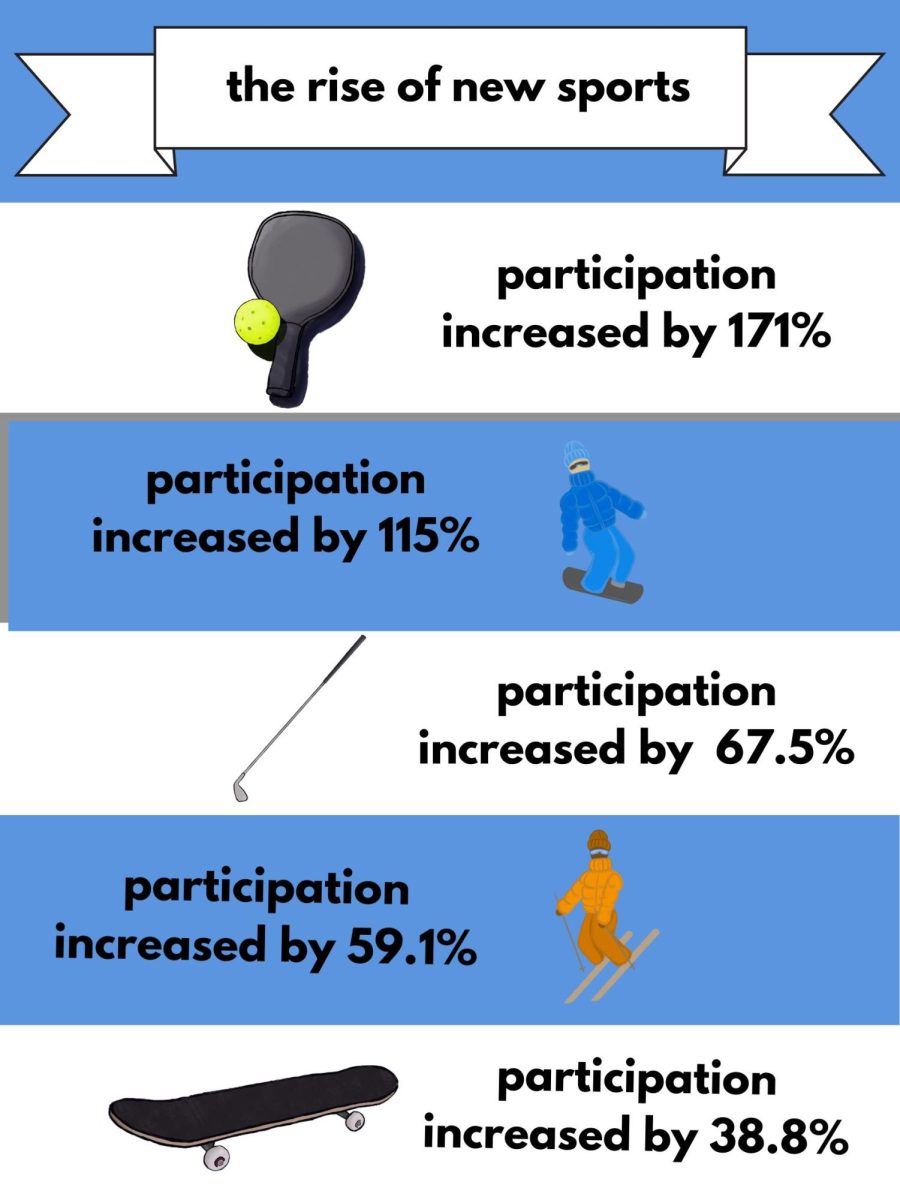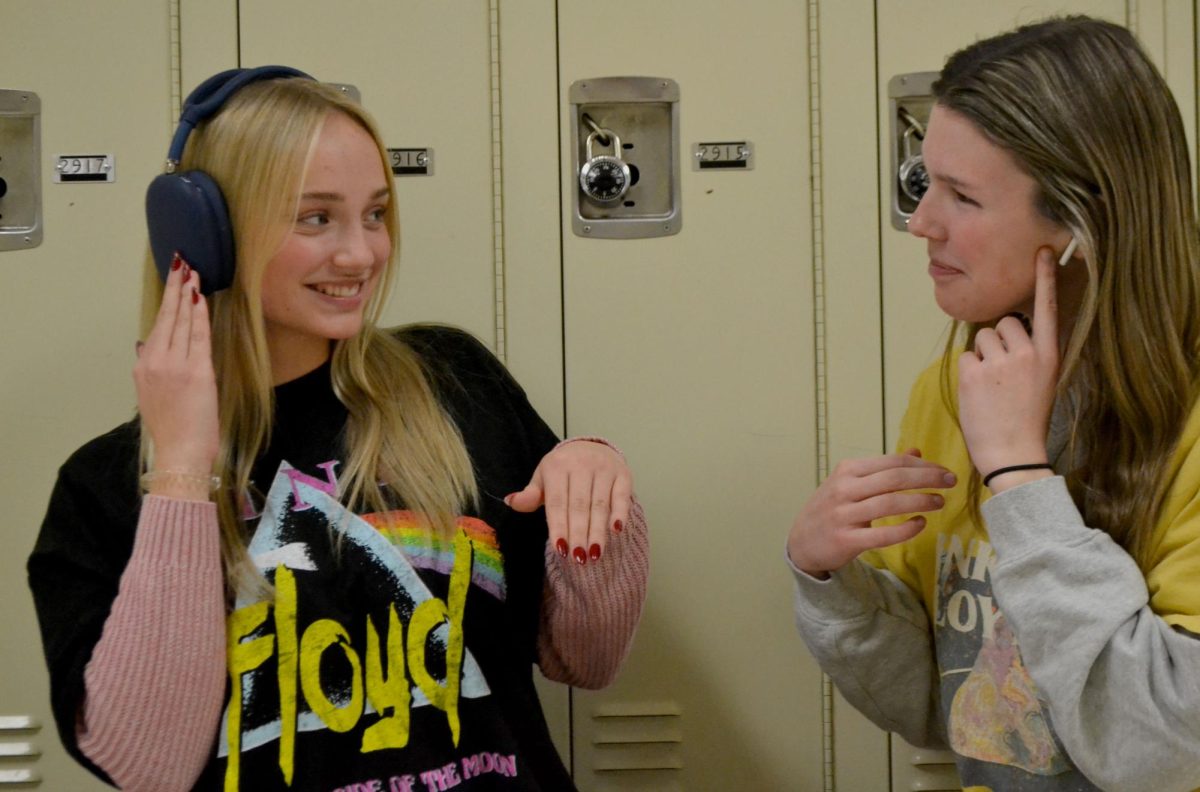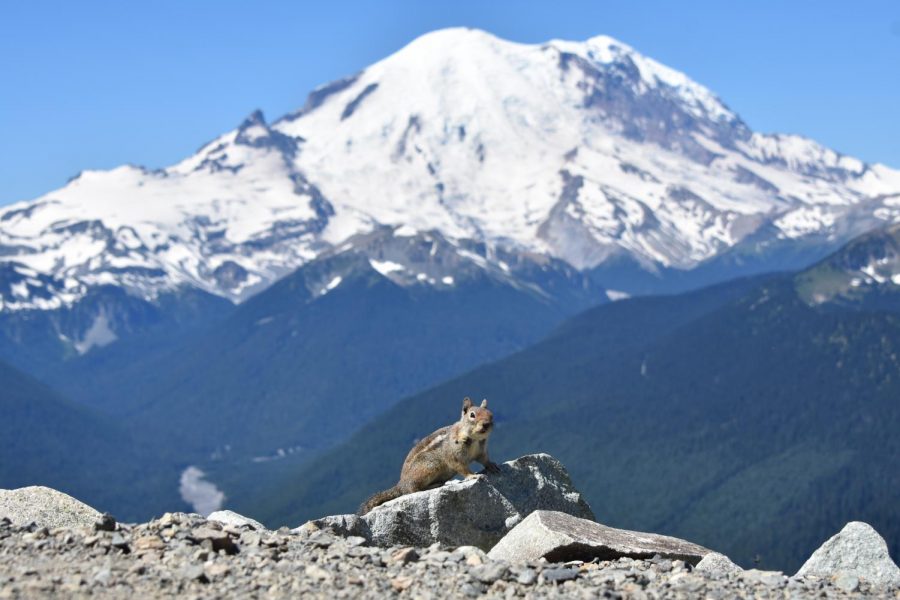The Coronavirus: A Temporary Relief for Earth
The 50th Earth Day Anniversary
The Coronavirus has shut down the world. Millions are out of a job while the pandemic reaches its worst. Most people are stuck at home due to the stay at home order put in place across the world. However, as the world shuts down, Earth begins to heal itself.
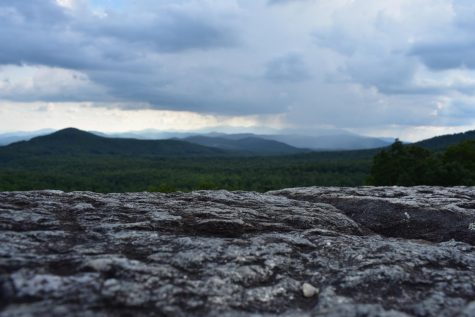
Without a doubt, the coronavirus created a catastrophic and horrible situation for the world. Millions are infected worldwide and over 150,000 have died, but the effects on Planet Earth are the opposite. Marina Koren writes about the situation for The Atlantic. She discusses how the pandemic is “turning the natural world upside down”, but is “upside-down” the right way to refer to the situation? Koren focuses on a few main subjects: the reductions in air pollution and sound pollution.
The reduction in pollution is one of the biggest and most important changes in the environment. Many cities across the world are reporting drastic changes in their environment. China reports having clear air for the first time in years and Italy reports seeing the bottom of the water canals in Venice for the first time. Due to transportation and factory emissions, air and water are highly polluted. With the world shut down, fewer pollutants are released into the environment.
Maria Koren discusses the additional effect on human life because of a cleaner Earth. She states how “cleaner air could lead to a brief respite in parts of the world with severe air pollution”. The World Health Organization estimates 4.2 million deaths worldwide happen due to severe air pollution exposure. Exposure to ambient pollution can cause strokes, heart disease, and respiratory illnesses. As air pollution decreases, thousands of lives are saved.
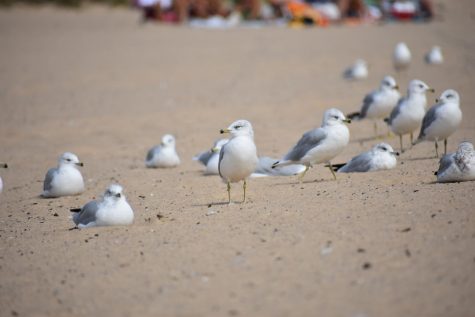
Birds on high stress due to the crowds and noises at a public beach.
Though many assume that the increase in wildlife in many areas directly links to the reduction in pollution, a bigger factor is the reduction of sound. Specifically in cities and harbors, the sounds of cars, trains, boats, people, and daily life increase stress hormone levels in animals. Kathleen Schuster, a writer for a company in Berlin called DW, discusses the effect of reduction in noise pollution. Schuster discusses how animals communicate through sound or song, specifically birds. She states how birds rely on sound as a means of survival. “Without the ability to sing, hear[, or] be heard, birds would have a difficult time finding a mate or defending their territory from predators”. The inability to communicate with other animals increases stress in the animals in addition to the stress already created from a loud environment.
Nature is healing, and the wildlife is flourishing, but this will not last forever. As the world begins to resume, the pattern will repeat and the world will begin to worsen again. Now we need to ask the right questions to stop the pattern of destruction and try to save our planet. Matt McGrath from BBC News stated in July of 2019, “the next 18 months will be critical in dealing with the global heating crisis, as well as other environmental challenges.” Unfortunately, the necessary changes are too drastic to enforce. Today is the 50th Earth Day, and for the first Earth Day ever, the planet is healing. Take this day to think about the marvelous planet we live on and enjoy what it gives us. Take a walk outside, watch the squirrels, or listen to frogs and birds. We only have one planet, and a reasonable solution to saving it has yet to be found. Happy Earth Day everyone, unless we solve all the problems, this may be the best one.

Seager Johnson is a senior at Grant Community High School. He is currently the Art Director of The Bark. Seager loves the journalism aspect of writing...

